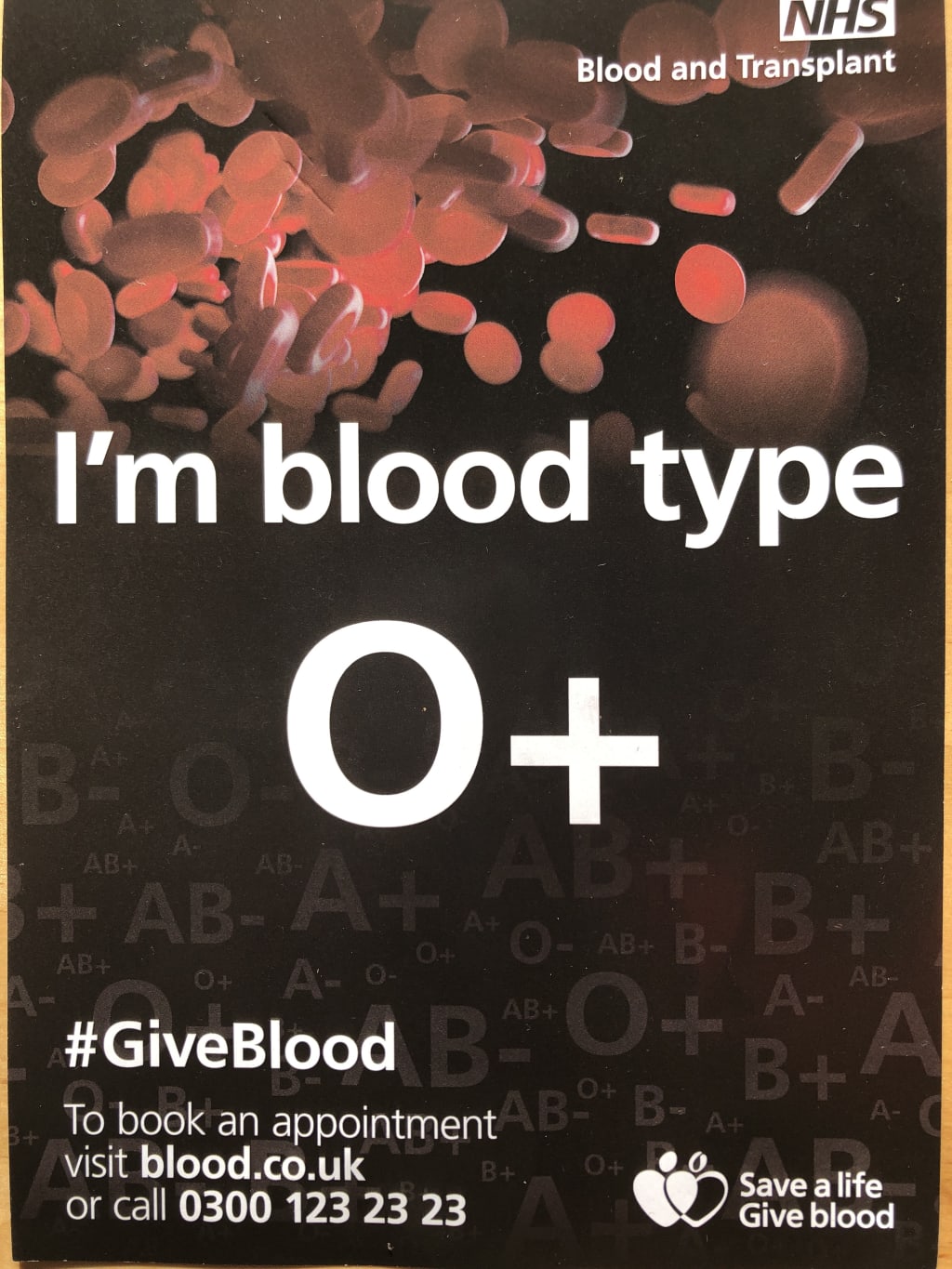
A few days ago, my phone pinged with a message from NHS Blood and Transplant reading, “We’re just checking that your appointment to give blood is still convenient?” And though this question filled me with a lot of dread, I knew that realistically the only inconvenience to giving blood is, and always will be, my anxiety towards needles—and nothing more. Giving blood has recently become something at the very top of my agenda in a way that it never was before. I’ve always been on the organ donor registry and that was something that I’ve never really questioned, after all, when the day comes that someone might need my organs, I won’t be alive to need it or feel inconvenienced by the whole process. But, as someone with a genuinely massive fear of needles, I have always been happy to leave blood donation off the agenda. But that has all changed very recently and I hope that with this blog post I can convince more BAME people to do the same.
Let’s put this into context. Needles have been one of my biggest fears for as long as I can remember. I am a 20-year-old woman who, to this day, cannot go to the dentist or to get a vaccination on her own. The day that I got my implant put in my arm, I had to be held down on the bed and have my hair stroked as I looked away and, begrudgingly, waited for the whole process to be over. The day I found out I needed root canal surgery, I cried in the car and my mum bought me McDonalds to calm me down. Blood and needles are probably one of the many reasons that, to the disappointment of my parents, being a doctor or dentist was never a part of my life’s goals. In short, if I felt like being in contact with a needle was not a necessity, why would I ever put myself in a situation where I would be anywhere near a needle? And anyway, as a far as I was concerned, there’s already plenty of blood to go around! So many people already give blood as it is, so me giving blood wouldn’t make much of a difference, right? Well, it turns out I was quite wrong.
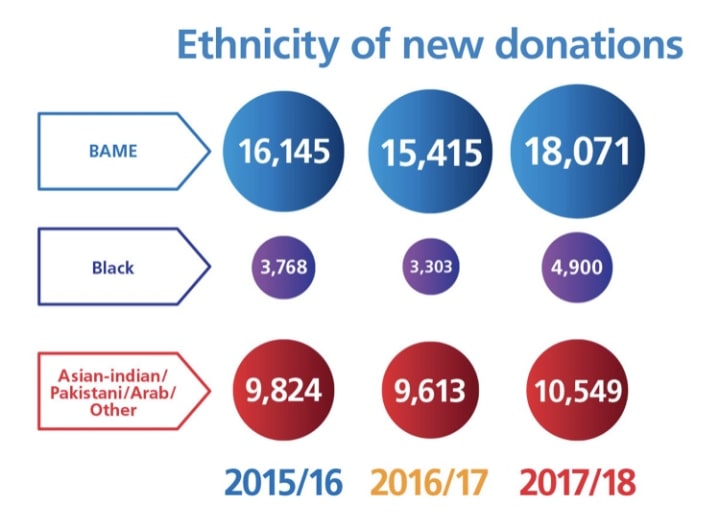
Race Donator Stats Taken from NHS 2018
The truth is, when it comes down to it, race plays a massive factor in finding good matches for people that need blood transfusions and the BAME demographic of the UK donates the least amount of blood. In 2017/18, there were 478,762 people that got all needled up and donated blood which is amazing. But when we probe a bit deeper, we find that only 4,900 black people donated—the least of any of the BAME demographic and proportionally under representing of the black population in the UK. When I found this out it really shocked me. For as long as I could remember, I’ve been aware of blood-related diseases that effected BAME groups more than any other group, such as sickle cell—an inherited blood disorder that creates misshaped blood cells which can cause pain, increased risk of infections, and anaemia. In serious cases of sickle cell, they need regular blood transfusions. I’ve known that I wasn’t a carrier of the sickle cell gene before I even knew my own blood type. In the UK alone, there are between 12,000 and 15,000 that live with sickle cell. When considering that and the legacy of sickle cell in the black community, you can’t help but ask, why do people like me choose not to donate?
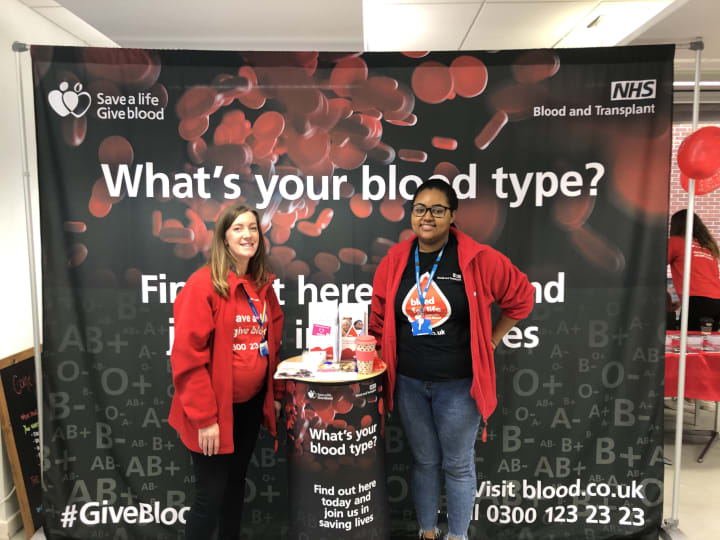
#GiveBlood Reps at Bristol University
I was lucky to meet a representative of the NHS trying to rally up students to donate at the University of Bristol. According to her, there are many personal and religious reasons that affect why certain demographics donate less. A lot of people feel like they need to check with religious leaders to see if their religion permits it first and a lot of People of Colour are relatively more cynical of government projects and their agendas (which I personally can understand and don’t really question). I was really impressed to hear that a lot is being done to try and combat these stigmas surrounding blood donations in BAME communities like the “B Positive” gospel choir, which is made up mainly of people who live with sickle cell disease. They’ve performed on Britain’s Got Talent and the MOBO awards as a way of spreading awareness about BAME blood donations to a larger spiritual audience. Reaching out to religious leaders to ask about the parameters surrounding blood donations is also something on the rise. So far, they’ve found out that the only religious group that is wholeheartedly against it is Jehovah’s Witness—so that’s some new info for the day.
Thinking about all of this—from the reasons I should donate to the effort being put in towards ethnic outreach—really put a lot of things in perspective. One pint of my blood (AKA five minutes of my discomfort) can mean so much to a person’s life—a person that could easily have been me. Both of my parents are carriers for the sickle cell gene, but luckily, none of their four children have the disease. With luck like that, it’s just selfish not so share it. Not only that, but people who are BAME tend to be more likely to have a rare blood type, RO, which is great for people suffering with sickle cell that need transfusions. I recently found out that I’m O+, which makes it more likely that I’m this rare blood type, fingers crossed.
On the 18th of March, I’m probably going to have the five most uncomfortable and most rewarding five minutes of my life. I might even get a biscuit while I wait for it to be over. With all of that to consider, how could you not #giveblood?
To find out how you can register visit blood.co.uk or call 0300 123 23 23.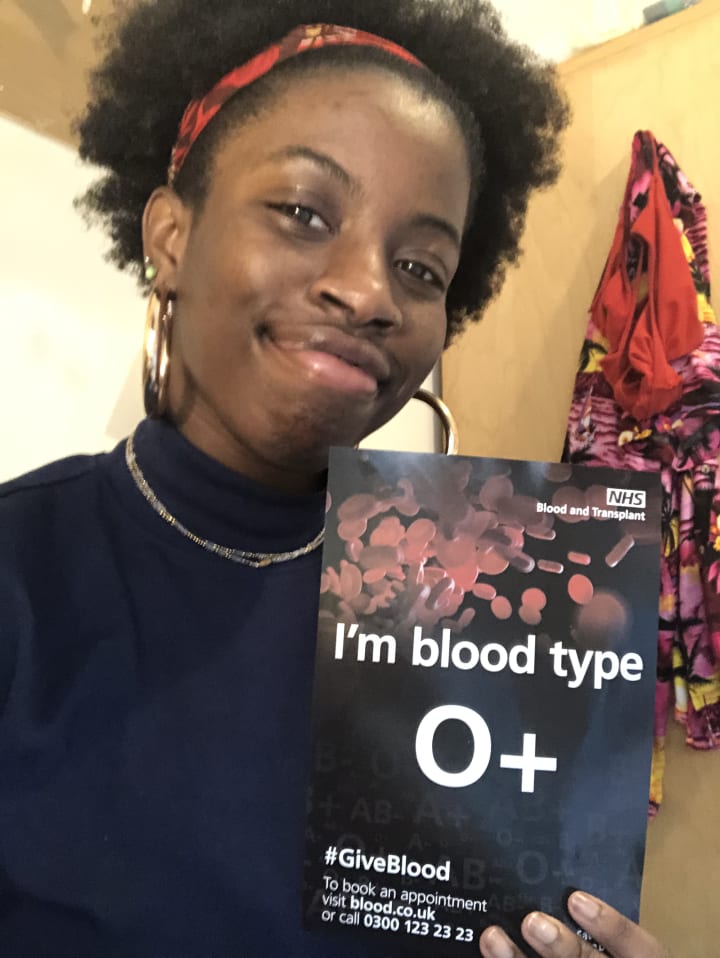
About the Creator
Kofo Ajala
University of Bristol student giving you all my opinions you definitely didn’t ask for


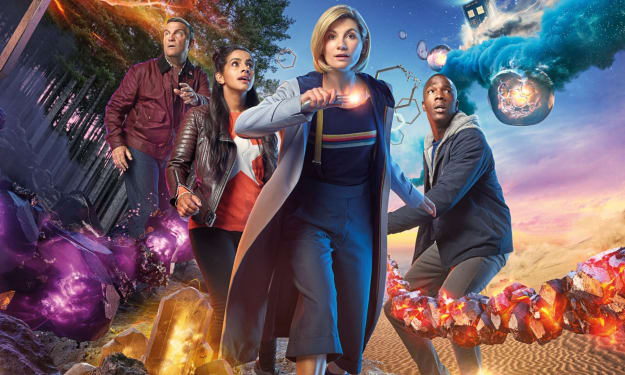

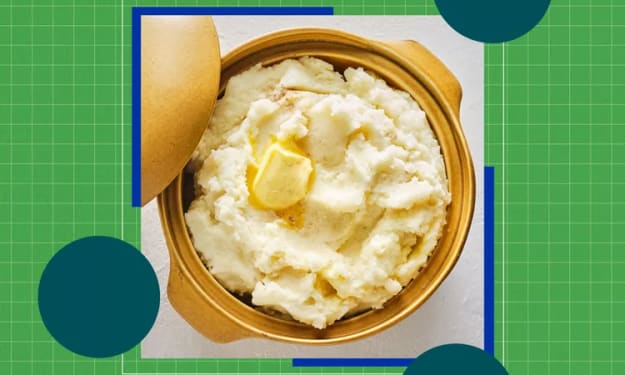

Comments
There are no comments for this story
Be the first to respond and start the conversation.